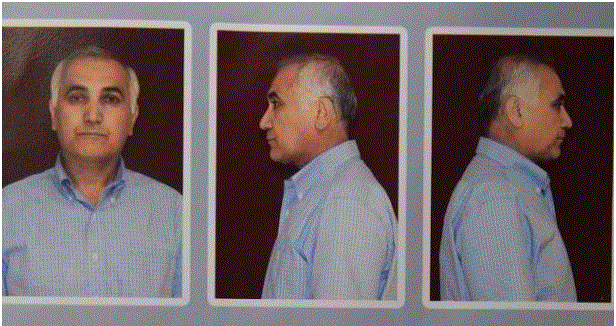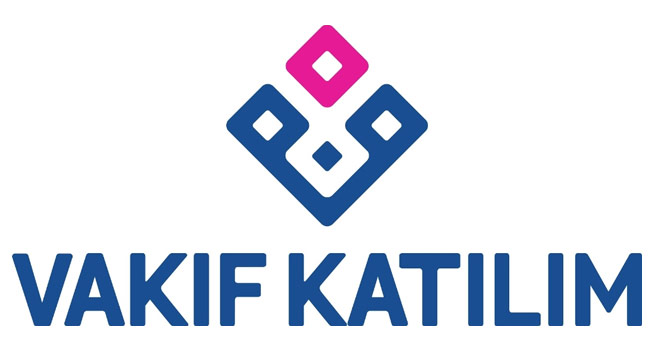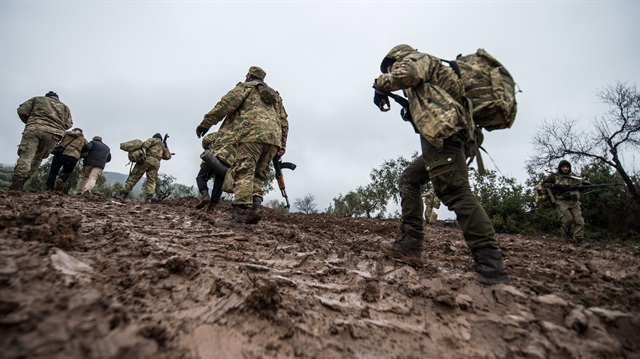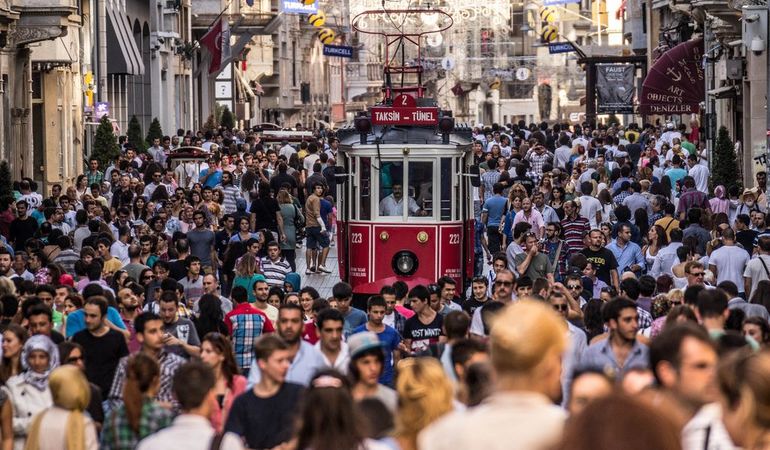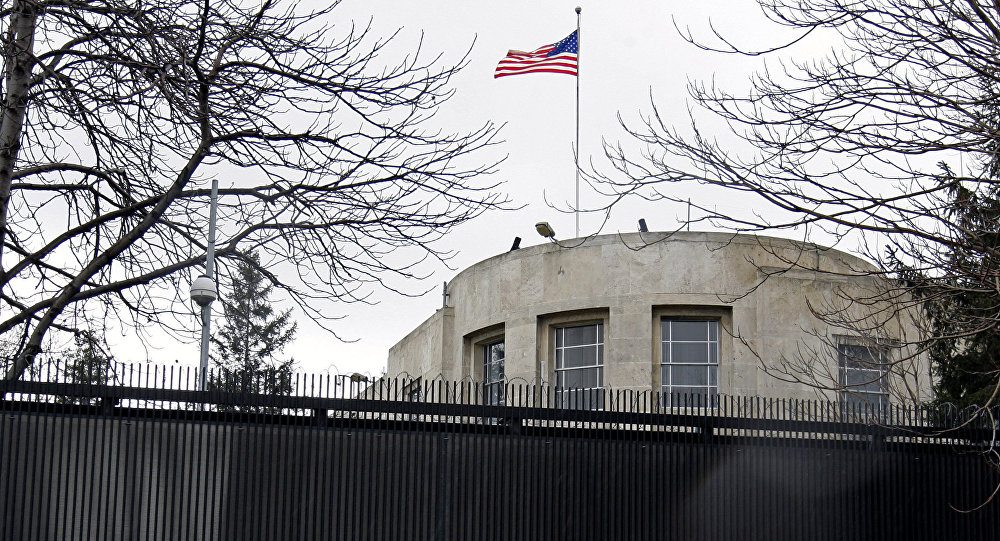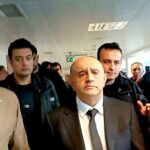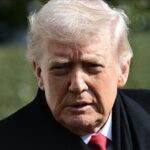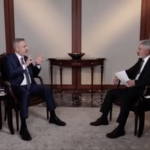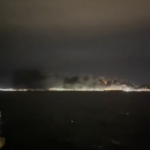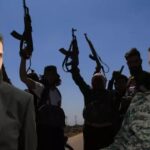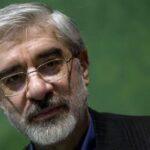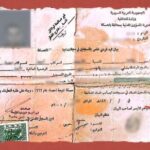The fourth subtitle in Mr. Kingsley’s article (1) is the conspiracy theory section, “What did Foreign Powers Know?” Here Mr. Kingsley describes Turkish irritation with the White House’s hesitant reaction to the coup. To flesh out the topic, he mentions that Michael Flynn had suggested that he had foreknowledge of the coup and then backtracked, and that Turkish press rumors had Aleksandr Dugin warning Turkish authorities about a plot. Especially that last item about Dugin ranges far into conspiracy theory territory, and, in fact, has not made much impression in Turkey.
However, the details mentioned by Kingsley are nowhere near the only reasons why many Turks find the U.S. government suspect over its stance vis-à-vis the coup attempt. The language used in the Obama Administration’s statements concerning the coup was strangely neutral, especially considering that Turkey is a NATO ally (2). And after the coup, no prominent U.S. officials traveled to Turkey for more than two weeks to express solidarity and condolences. When a civilian U.S. official did show up, it was Vice President Joe Biden (3) instead of President Obama or Secretary of State John Kerry, either of which would have been a more logical and satisfactory choice.
Overall, the Turkish people have been left with the impression that the U.S. administration felt at best blasé, and at worst disappointed about the coup and its outcome. And all of this came after three years during which the Obama administration dragged its feet and dissembled on the Syrian civil war, and began to send aid to a Syrian branch of the PKK. Over the same period the U.S. press, in general, developed an extremely antagonistic attitude towards the Turkish government. The entire scene, from Turkey’s perspective, looked overtly hostile.
Beyond the U.S., several other states are alleged to have some sort of connection to the coup attempt, most notably Germany — through NATO – as well as the United Arab Emirates (UAE). Germany has given sanctuary to a large number of both military officers and civilians accused of membership in Fethullah Gülen’s cult, of complicity in the coup attempt, or both. Though this obviously does not prove German complicity in the coup, it has broadly irked Turkish citizens.
Of all of the rumors, the most solid seems to be the UAE connection. The reason is that the UAE is ideologically opposed to Turkey’s stance towards the various pro-democracy movements that emerged across the Arab world during the Arab Spring, as well as towards the Muslim Brotherhood. The UAE government is also accused of cooperating with Palestinian operative Mohammed Dahlan to provide funding to figures involved in the coup attempt (4). “Where there’s smoke, there’s fire,” goes the old adage. But the smoke billowing around the various possible international connections to last year’s coup attempt still has only one concrete source: Fethullah Gülen.
That brings us to the last subtitle in Kingsley’s article, which is also the only real mystery in the entire piece: “Where is Adil Öksüz?” Most readers may not know that name, of course. Öksüz is accused of being the “civilian imam” charged with organizing the framework for the coup attempt (5). Normally a theology professor, Öksüz was arrested with other coup plotters in a field near Akıncı Air Force Base outside Ankara (Akıncı was the coup plotters’ headquarters). Claiming that he was looking at land for a potential real estate deal, Öksüz was released a few days after the coup attempt by a judge who, as Kingsley mentions, has subsequently been exposed and arrested as a Gülenist. Since Öksüz was released, nothing more has been seen of him despite a nationwide manhunt.
The fact that the U.S. Istanbul Consulate tried to call Öksüz after the Turkish police put out an arrest warrant for him did cause a brief uproar in the Turkish press, but no more than that. Various suggestions have surfaced concerning Öksüz’s whereabouts, including the claim that the U.S. Embassy was sheltering him, but no hard evidence has surfaced to support any of these rumors. Even the theory that other Gülenists murdered Öksüz to make sure that the Turkish authorities would never have the chance to interrogate him has been floated (6). While many other fugitive Gülenists have been apprehended in the past year, Öksüz remains at large and constitutes the single truly unknown aspect of Fethullah Gülen’s failed putsch.
So out of the five topics Kingsley throws at his readers, only one deserves the label “mystery,” and even then the unknown is limited to one particular fugitive’s disappearance. The other issues stem as much from Kingsley’s lack of information, or more probably his inability to read Turkish, than anything else. This is a problem that I examined in detail for Serbestiyet two years ago (7), so I won’t repeat what I then wrote. Instead, I simply want once more to urge the editors of major international publications to really meet the journalistic standards that they are supposed to be maintaining. If they assign certain kinds of tasks to journalists who do not know the language, history, or socio-political background of the societies they are trying to report on, then nothing more can be expected than the sort of shallow propaganda that the NYT has been publishing about Turkey for years. Decades, actually. But that does not absolve those editors of their ethical and professional responsibilities.
NOTES
(1) https://www.nytimes.com/2017/07/13/world/europe/turkey-erdogan-failed-coup-mystery.html?_r=3; for the previous column in this series, see: https://serbestiyet.com/yazarlar/adam-mcconnel/no-mr-kingsley-there-is-no-mystery-2-806091
(2) https://twitter.com/ThisWeekABC/status/754091384756379648/photo/1
(3) http://edition.cnn.com/2016/08/24/politics/joe-biden-turkey-coup-us-support/index.html
(4) http://www.middleeasteye.net/news/exclusive-uae-funnelled-money-turkish-coup-plotters-21441671; https://www.dailysabah.com/diplomacy/2017/06/03/hacked-emails-of-uae-ambassador-to-us-reveal-alleged-role-in-turkey-coup-attempt; http://www.aljazeera.com/indepth/opinion/2017/07/middle-eastern-supporters-turkey-failed-coup-170714110836313.html
(6) http://www.hurriyet.com.tr/yazarlar/abdulkadir-selvi/adil-oksuz-hakkinda-son-haberler-40258968
(7) See: https://serbestiyet.com/yazarlar/adam-mcconnel/nterpreting-the-turkish-republic-634546. The first installment in that series of columns mentioned Hürriyet Daily News (HDN) – that newspaper, published by Doğan News Agency, has been the Turkish political opposition’s prime English-language newspaper for a decade. This means, naturally, that reports in that publication should be understood only as one possible interpretation among many for current Turkish events. However, foreigners without knowledge of Turkish have tended to treat it as the only interpretation. Other English-language news sources for Turkish events, such as T24 or Al-Monitor, present even more ideological interpretations than HDN, and all of them should be seen as the opposition’s versions of Daily Sabah (though Daily Sabah was established later and specifically as a response to publications such as HDN and the now-shuttered Today’s Zaman).
Yazıyı beğendiysen, patronumuz olur musun?
Evet, çok ciddi bir teklif bu. Patronumuz yok. Sahibimiz kar amacı gütmeyen bir dernek. Bizi okuyorsan, memnunsan ve devam etmesini istiyorsan, artık boş olan patron koltuğuna geçmen lazım.
Serbestiyet; Türkiye'nin gri alanı. Siyah ve beyazlar içinde bu gri alanı korumalıyız. Herkese bir gün gri alanlar lazım olur.




